Buy Glutathione
$55.00 – $345.00Price range: $55.00 through $345.00
Discover what glutathione is, how it works, its health benefits, uses in skincare and detox, and possible side effects. Learn if it’s right for you.
Glutathione is a powerful antioxidant that is produced naturally in our cells. Often referred to as the “master antioxidant,” it is a tripeptide, meaning it is composed of three amino acids: cysteine, glutamic acid, and glycine. Present in almost every cell in the body, glutathione plays a critical role in protecting cells from damage, detoxifying harmful substances, and maintaining overall health and cellular function.
Key Functions of Glutathione
Glutathione is a cornerstone of the body’s defense system. Its primary functions include:
- Fighting Oxidative Stress: Its main role is to neutralize free radicals—unstable molecules that can damage DNA, proteins, and cell membranes. By combating oxidative stress, it helps prevent premature aging and reduces the risk of chronic diseases.
- Detoxification: Glutathione is highly concentrated in the liver, the body’s primary detoxification organ. It binds to toxins, pollutants, heavy metals, and drug metabolites, making them water-soluble so they can be excreted from the body.
- Immune System Support: It is essential for the proper functioning of the immune system, particularly for the proliferation and activity of lymphocytes (white blood cells) that fight off infections.
- Regenerating Other Antioxidants: Glutathione helps to regenerate and recycle other important antioxidants, such as Vitamin C and Vitamin E, restoring their ability to fight free radicals.
- Cellular Health: It is vital for processes like DNA synthesis and repair, protein synthesis, and enzyme activation, ensuring cells function correctly and stay healthy.
Potential Health Benefits and Uses
Because of its central role in cellular health, maintaining adequate glutathione levels is linked to numerous health benefits. It is used and studied for:
- Reducing Oxidative Stress: In conditions like diabetes, autoimmune disorders, and heart disease, oxidative stress is a key factor. Glutathione helps mitigate this damage.
- Improving Liver Health: It has been shown to improve liver enzyme levels in individuals with non-alcoholic fatty liver disease (NAFLD).
- Enhancing Skin Health and Appearance: Glutathione is widely used in cosmetics for its ability to brighten the skin. It is believed to inhibit tyrosinase, the enzyme responsible for melanin (pigment) production, leading to a lighter skin tone and reduction in dark spots.
- Supporting Neurological Health: Low levels of glutathione have been linked to neurodegenerative diseases like Parkinson’s and Alzheimer’s. Research is ongoing to see if replenishing it can offer protective benefits.
- Athletic Performance: It may help reduce muscle fatigue and promote faster recovery after exercise by combating the oxidative stress generated during intense physical activity.
Frequently Asked Questions (FAQs)
- What are the main signs of glutathione deficiency? Symptoms can include anemia, frequent infections, and metabolic acidosis (a buildup of acid in the body). Low levels are also associated with a higher risk for chronic illnesses over time.
- Is it safe to take glutathione supplements every day? For most healthy adults, taking oral glutathione supplements daily is generally considered safe for short-term use. However, long-term use has been linked to lower zinc levels. It’s crucial to consult with a healthcare provider before starting any new supplement regimen to determine the right dosage and duration for your needs.
- Can I get enough glutathione from food alone? While some foods like avocados and spinach contain glutathione, the body does not absorb it well from dietary sources. A more effective approach is to eat foods rich in the building blocks of glutathione (cysteine, glutamic acid, glycine) and its cofactors (sulfur, selenium, Vitamin C) to support your body’s own production.
- What’s the difference between liposomal glutathione and regular glutathione? Liposomal glutathione is encapsulated in a layer of fat (liposomes). This protective layer helps it survive the digestive process and improves its absorption into the bloodstream compared to standard oral glutathione capsules, which are often broken down in the stomach.
- Are there any side effects of taking glutathione? Side effects are generally mild but can include gastrointestinal issues like bloating, cramping, or loose stools. Some people may experience allergic reactions, such as a rash. Inhaled glutathione can sometimes trigger asthma attacks in those with asthma. It is always best to discuss potential side effects with your doctor.follow for more
| Weight | 10mg, 20mg, 10mg*10vials/box, 20mg*10vials/box |
|---|
Be the first to review “Buy Glutathione” Cancel reply
Related products
Peptide
Peptides
Peptide
Peptide
Peptide
Peptide
Peptide
Peptide

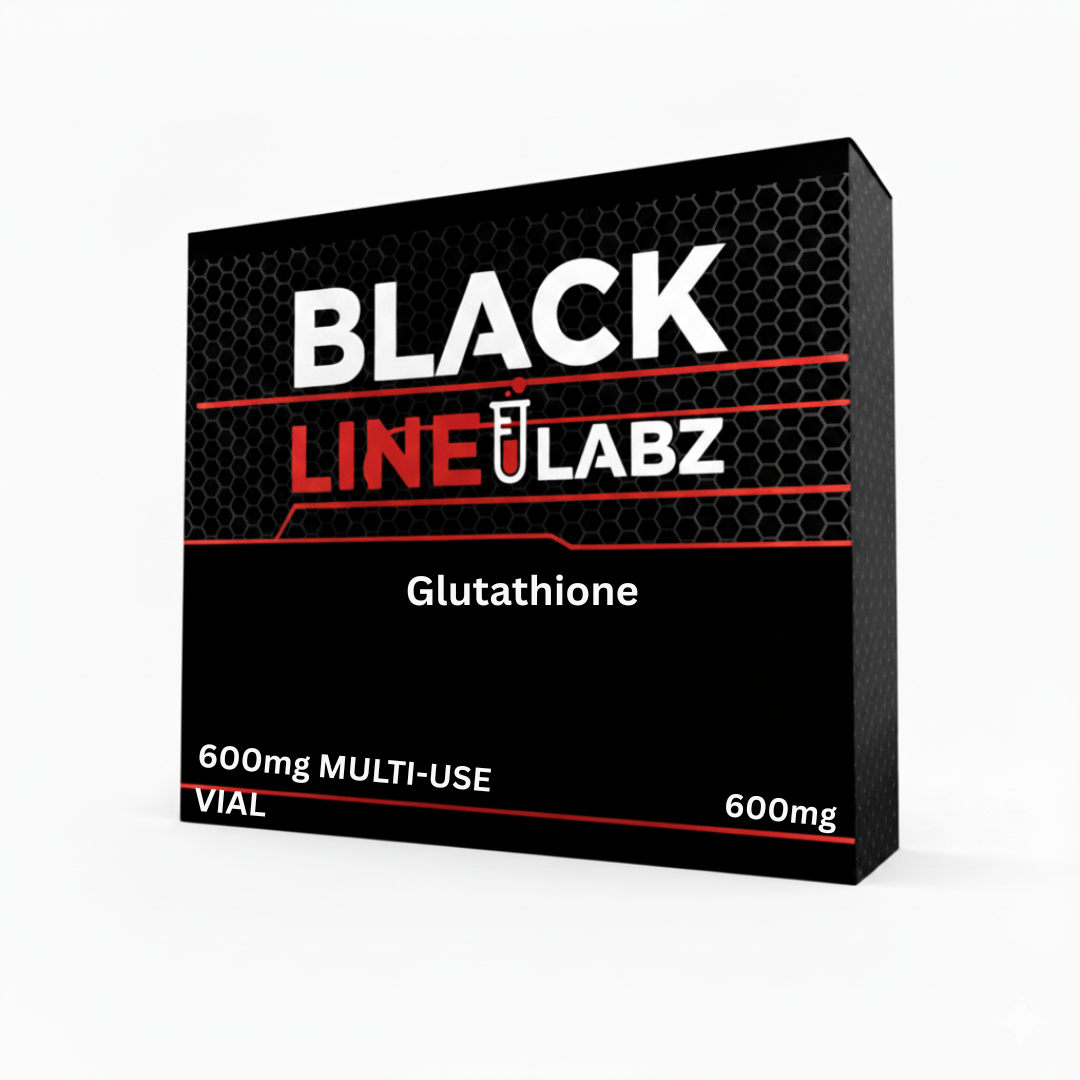
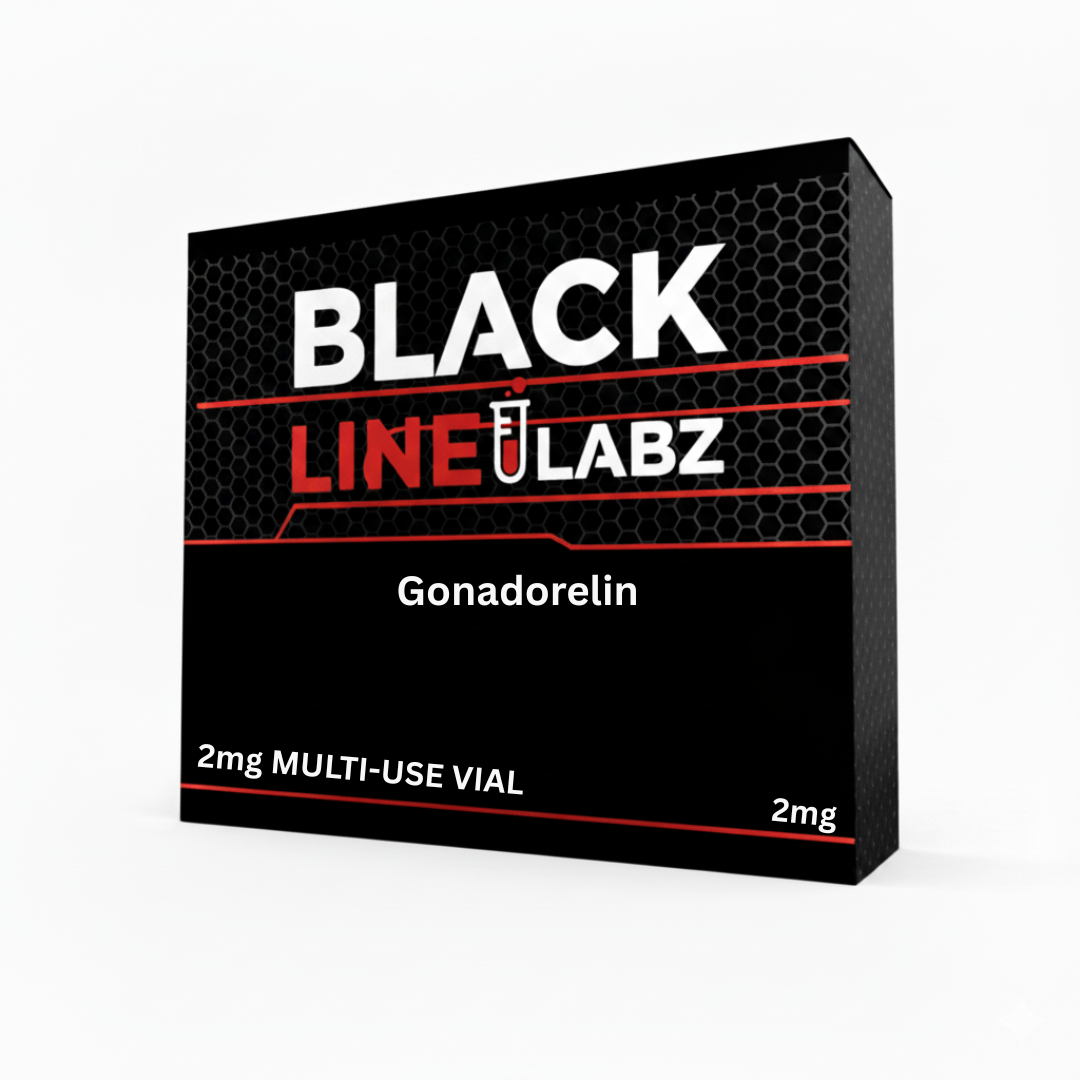
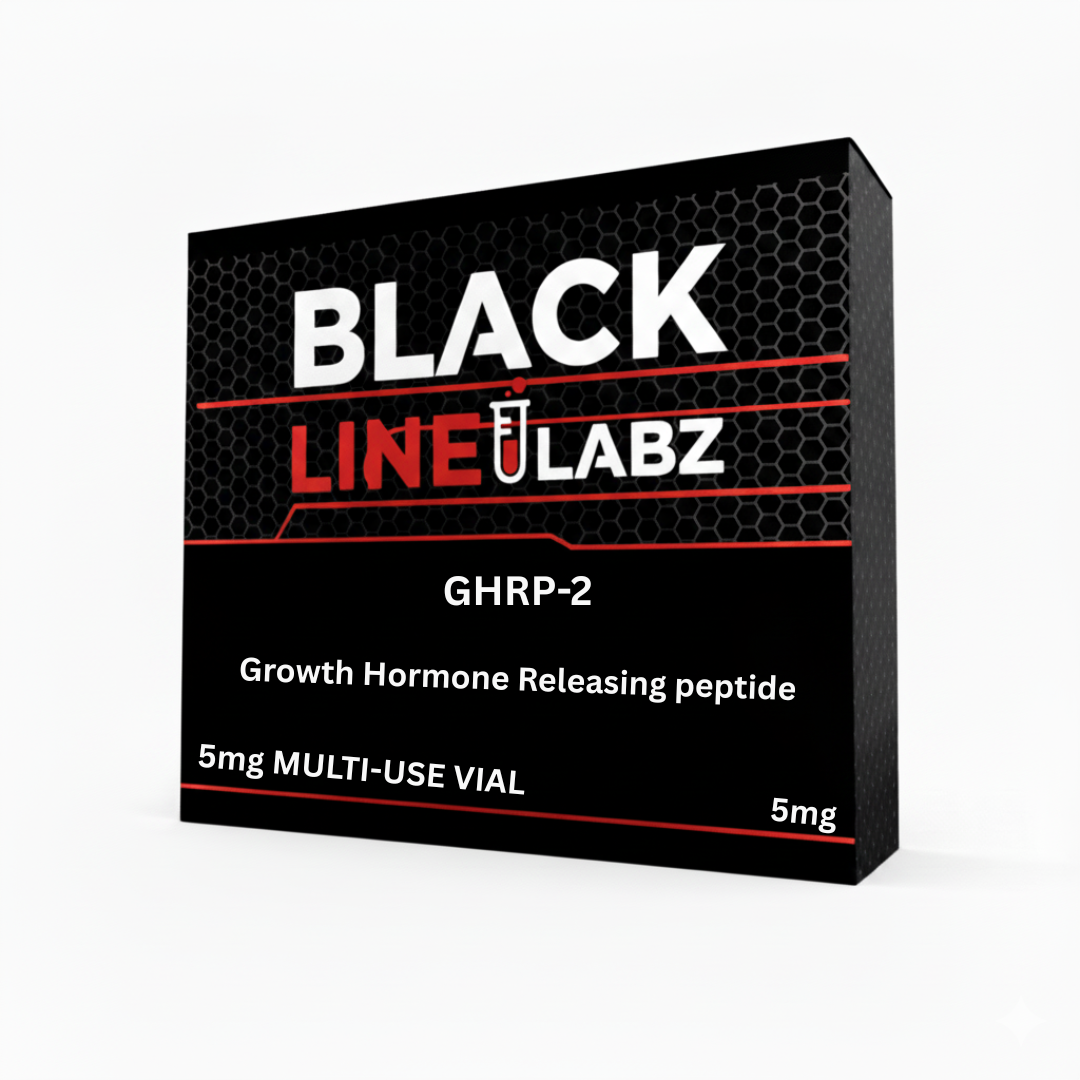
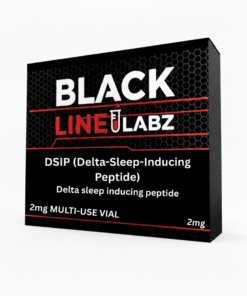
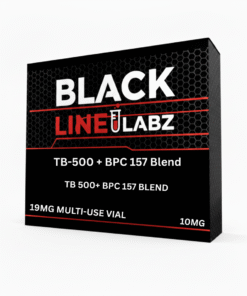
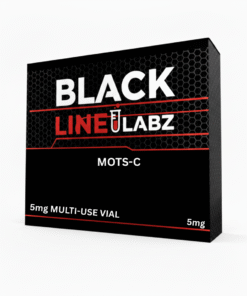
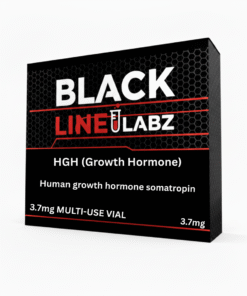
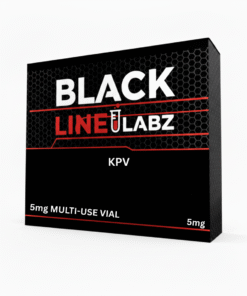
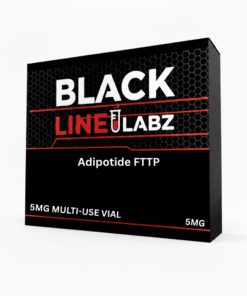
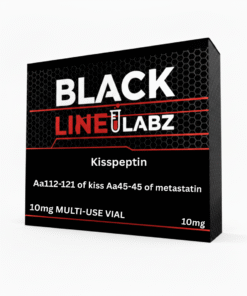
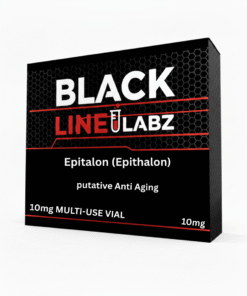
Reviews
There are no reviews yet.